Page speed performance
by Patrick Sexton
Make your pages faster. Common page speed issues and their solutions are discussed and illustrated by Patrick Sexton.
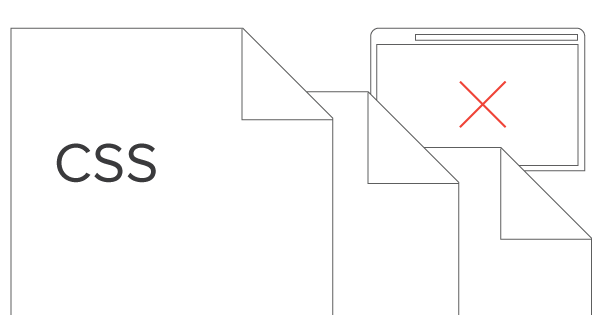
Render blocking CSS
CSS is render blocking and often can not be removed, so how is it optimized?
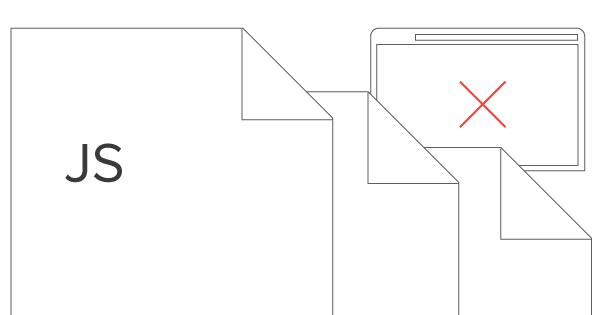
Render blocking javascript
When javascript is keeping the page from loading as fast as it should, your users wait.

Reduce server response time
Make sure your server is providing your pages quickly to the browser.

Enable Compression / Gzip
Compressing with gzip helps speed up your pages and reduce bandwidth used.
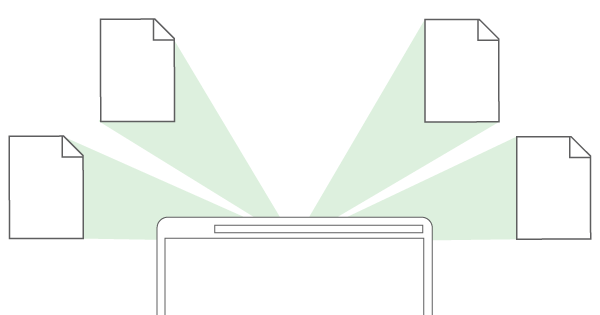
Leverage browser caching
Help browsers "remember" your resources (logo,css, etc.) so it can load faster.
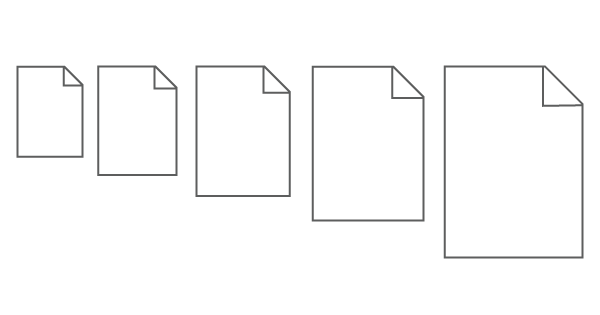
Enable keep-alive
Keep-alive enables the browser to get files without repeated and wasteful server communication.

Minimize redirects
Redirects cause major performance and speed issues. Use with caution.
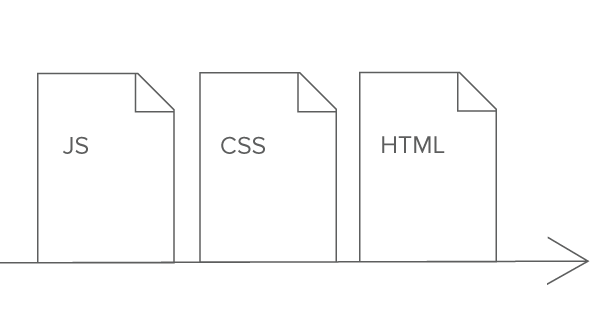
Critical Rendering Path
The most important concept in all of pagespeed. Make big pages load faster.

Prioritize visible content
Above the fold content optimizations for your users (and your ranking).

Content Delivery Networks
Content delivery networks (CDNs) get your webpage files closer and faster to your users.

Optimize CSS delivery
Your CSS should help your webpage render fast, not slow down your webpage.
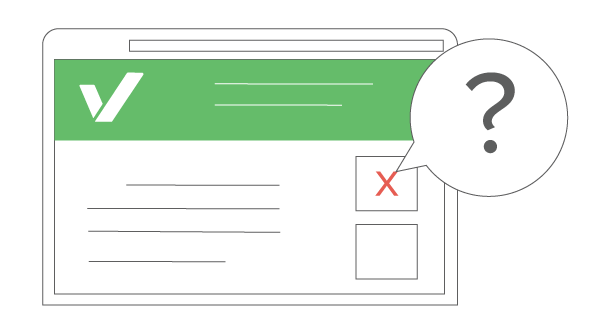
Avoid bad requests
Sometimes your HTML or CSS will request a resource like an image or a html file that doesn't exist.

Defer loading javascript
Until your javascript is downloaded your page won't display unless you defer it.
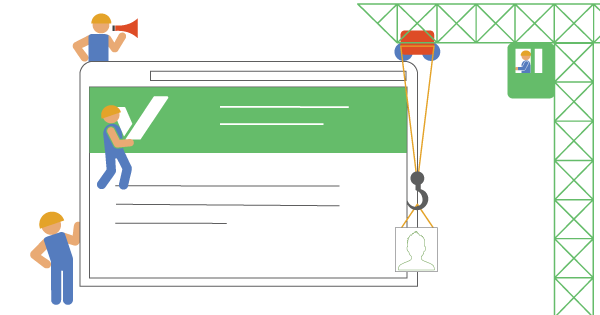
How a webpage is displayed
An overview of how a webpage is retrieved and displayed in a browser. Touches on the request, response, build, and render.
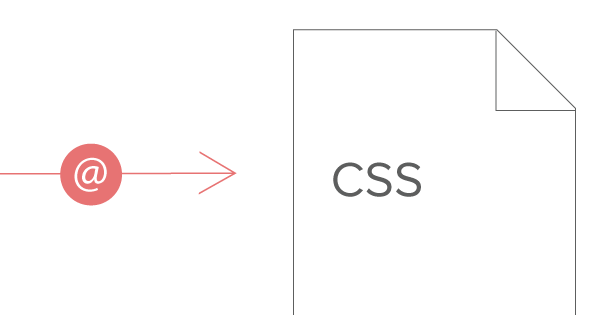
Avoid CSS @import
The @import method of retrieving CSS files affects your page speed and should not be used.
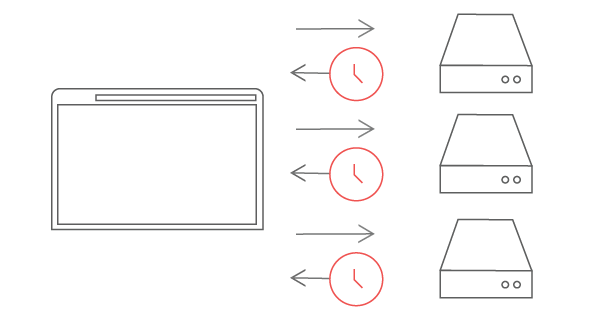
Minimize DNS lookups
As a webpage becomes more feature-rich it often uses more DNS lookups which makes it render much slower.
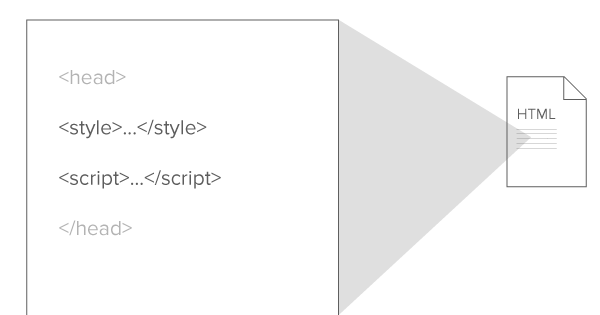
Optimize style / script order
Style tags and calls to stylesheets should be placed before your scripts. If you do this your pages load faster.
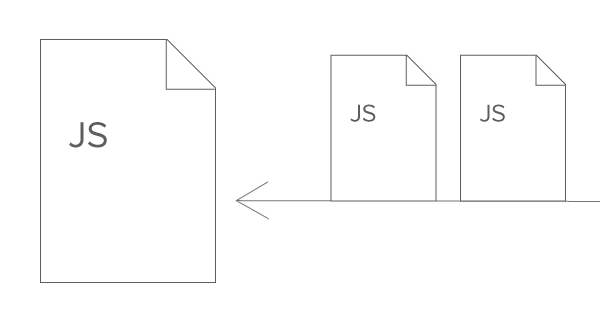
Combine external javascript
Combining javascript allows page to load faster by requesting less files.
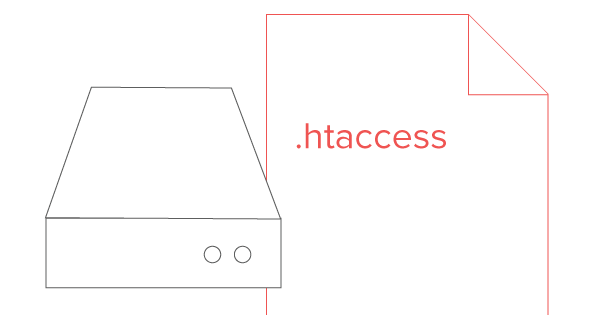
The .htaccess file
The .htaccess file controls enables a webmaster to control many page speed issues from one file.

Combine external CSS
Combining css files allows page to load faster by requesting less files.
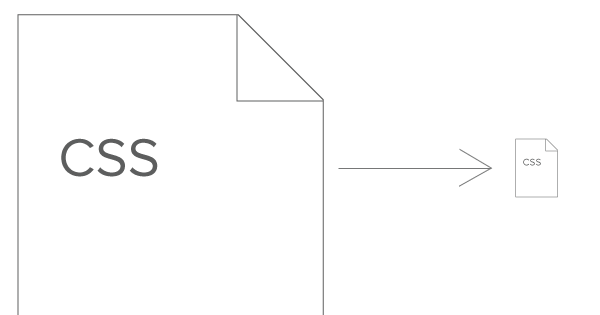
Minify CSS
No matter how you use your CSS, smaller is better and will help your webpages load faster.
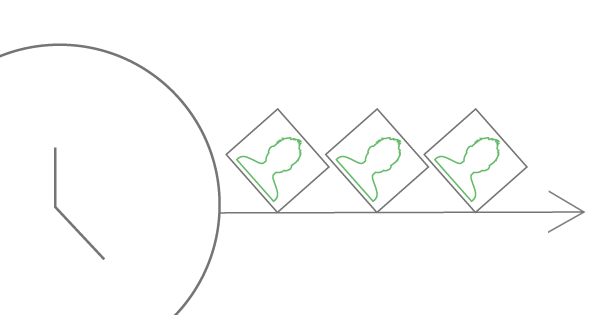
Deferring Images
A way to defer images without using jQuery or lazy loading.
CSS image sprites
Combining small images into one bigger one means the page needs to load less to render.
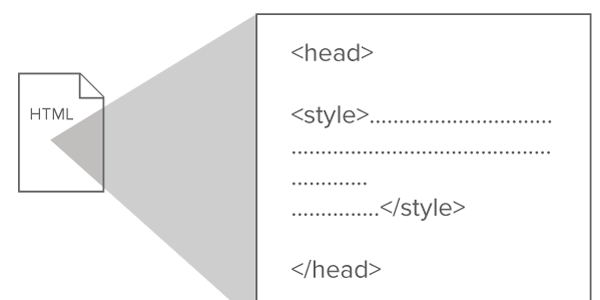
Inline small CSS
Inlining CSS is just putting your CSS into your HTML file instead of keeping it as an external CSS file.
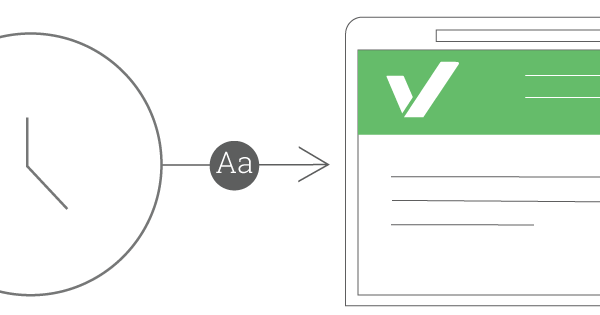
Web font option
Finding the fastest way to deliver your web fonts to your users.
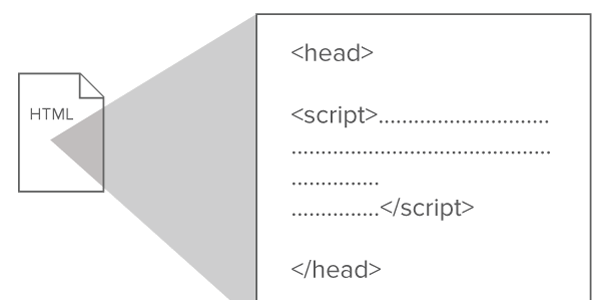
Inline small JS
Inlining JS is just putting your javascript into your HTML file, not an external JS file.

Defer videos
Videos from Youtube, Vimeo and other sources can be deferred using this simple method.
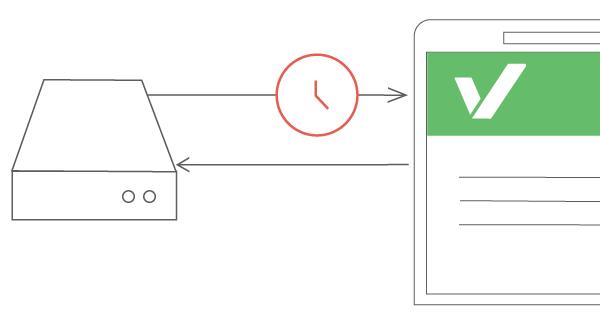
Time to first byte - TTFB
Learn what TTFB is and how to optimize it to be faster.

Defer multiple javascripts
Most webpages need to defer many things, but most articles only show how to defer one thing. Learn how to defer just about anything here.
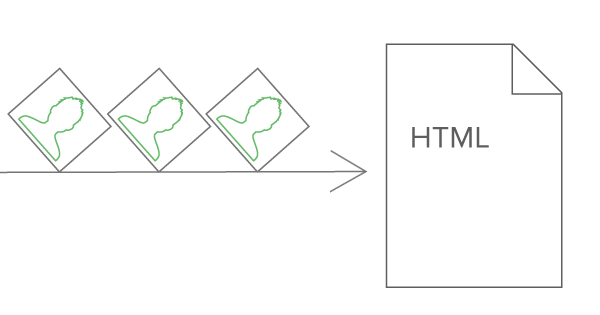
Base64 image encoding
Smaller images can be inlined into the html to save requests and round trips, rather than downloading each image.
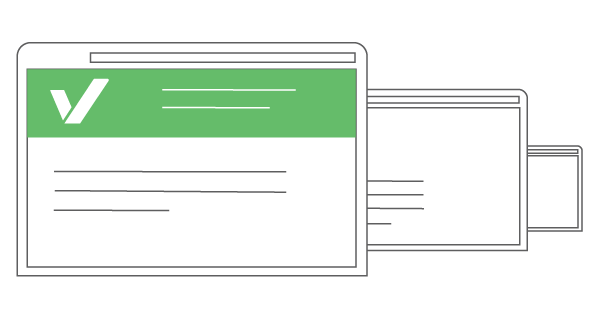
Page interaction point
Optimize for the pages core functionality. Let the user do they want as soon as possible.
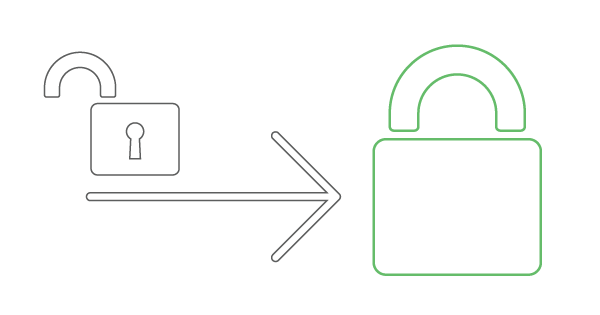
HSTS
HTTP Strict Transport Security can be used to remove the redirect needed for secure sites from http to https.
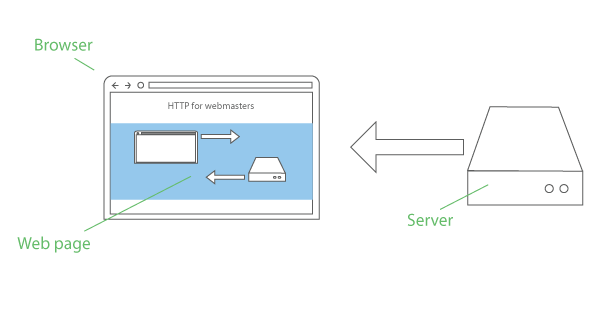
Intro to HTTP
An introduction to HTTP. Understanding how HTTP works can help your pages perform better.
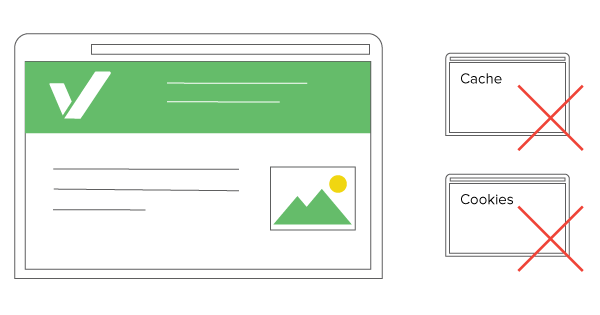
First View
The first view performance metric replicates the experience of a user encountering a webpage for the first time.

Cache-Control guide
Using Cache-Control to leverage browser caching provides a great set of advantages over other methods.
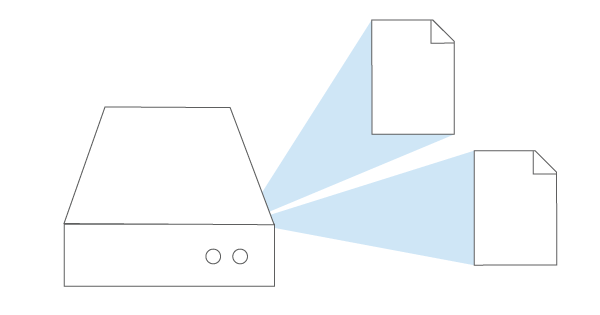
Critical CSS calls
Serving critical CSS files from the same domain as your HTML file can save precious time.
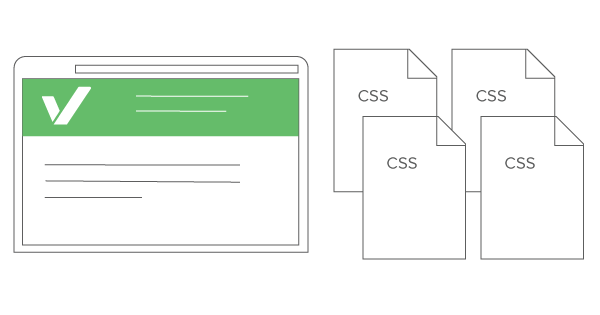
Use less external CSS files
Reducing the amount of external CSS files means your pages load faster and your server functions better.
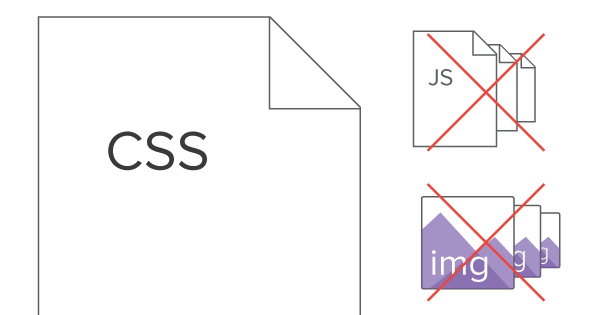
Call CSS first
Calling CSS files first helps to ensure the browser gets it faster.
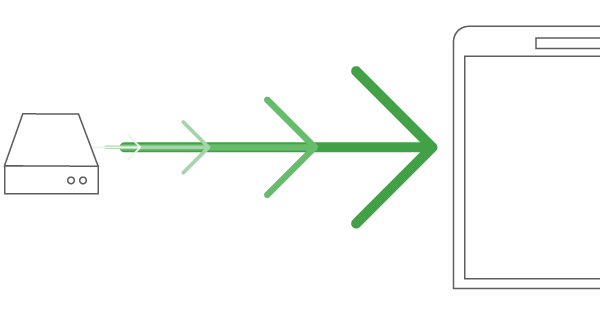
TCP slow start
TCP slow start restricts how much data may be initially transmitted over a connection, then increases that capacity methodically.
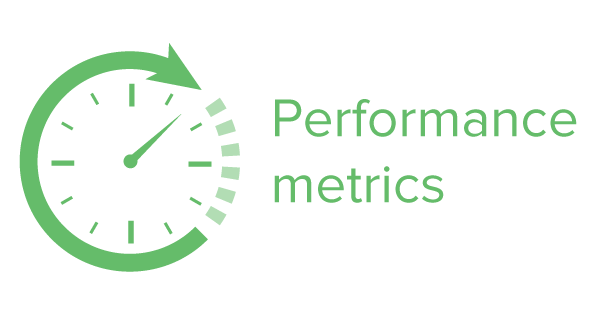
Web performance glossary
Glossary of web performance metrics and terms.
Home | Pagespeed | Mobile | Tools | About | Privacy | Site Map
Varvy.com is provided by Internet Marketing Ninjas
Copyright 2006-2017 Patrick Sexton, 2017 Internet Marketing Ninjas. All rights reserved.